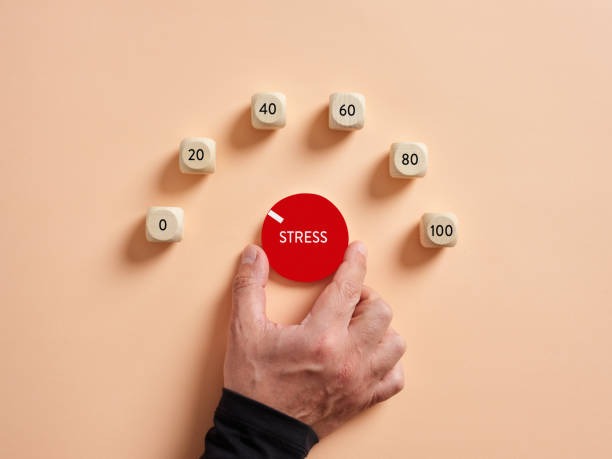Sleep is an essential part of our everyday lives. It’s the time when our bodies rest, rejuvenate, and repair themselves. However, many people struggle with anxiety that can interfere with their sleep patterns. Fortunately, there are natural ways to reduce anxiety and enhance sleep quality without resorting to medication.
One effective method is through establishing a regular nighttime protocol or routine. The body has its own internal clock known as the circadian rhythm which regulates feelings of sleepiness and wakefulness throughout the day. By sticking to a consistent bedtime schedule, you can help regulate your body’s clock and improve your overall sleep quality.
A key component of a good nighttime protocol involves creating a relaxing environment conducive for sleep. This could mean keeping your bedroom dark, cool, quiet and comfortable; it might also involve using aromatherapy such as lavender oil which has been shown in studies to promote relaxation and improve sleep quality.
Another important aspect is avoiding exposure to screens before bed. The blue light emitted by phones, tablets, computers, and TVs suppresses melatonin production – the hormone responsible for regulating our sleep-wake cycle – making it harder for us to fall asleep.
Physical activity during the day can also help reduce anxiety levels snow caps weed at night. Exercise increases serotonin levels (a neurotransmitter that helps regulate mood) while reducing stress hormones like cortisol. Even just 30 minutes of moderate exercise each day can have significant benefits on both anxiety levels and overall sleep quality.
In addition to these methods, incorporating mindfulness practices into your nighttime routine such as meditation or deep breathing exercises can be highly beneficial in reducing anxiety before bed. These practices help calm the mind by focusing attention on present moment experiences rather than worrying about future events or dwelling on past ones.
Dietary choices too play a role in both anxiety levels and sleep quality; consuming foods rich in magnesium (like almonds or spinach), B vitamins (like whole grains), omega-3 fatty acids (like salmon), and tryptophan (like turkey or milk) can help promote better sleep. On the other hand, stimulants like caffeine and alcohol should be avoided close to bedtime as they can interfere with your ability to fall asleep.
Lastly, don’t forget the power of a good book before bed. Reading is a great way to unwind and distract your mind from the worries that may keep you up at night.
In conclusion, while anxiety can indeed pose challenges to achieving quality sleep, by implementing these natural methods into your nighttime protocol, you can significantly reduce anxiety levels and enhance your overall sleep experience. Remember that consistency is key; making these practices regular habits will yield the best results over time.

